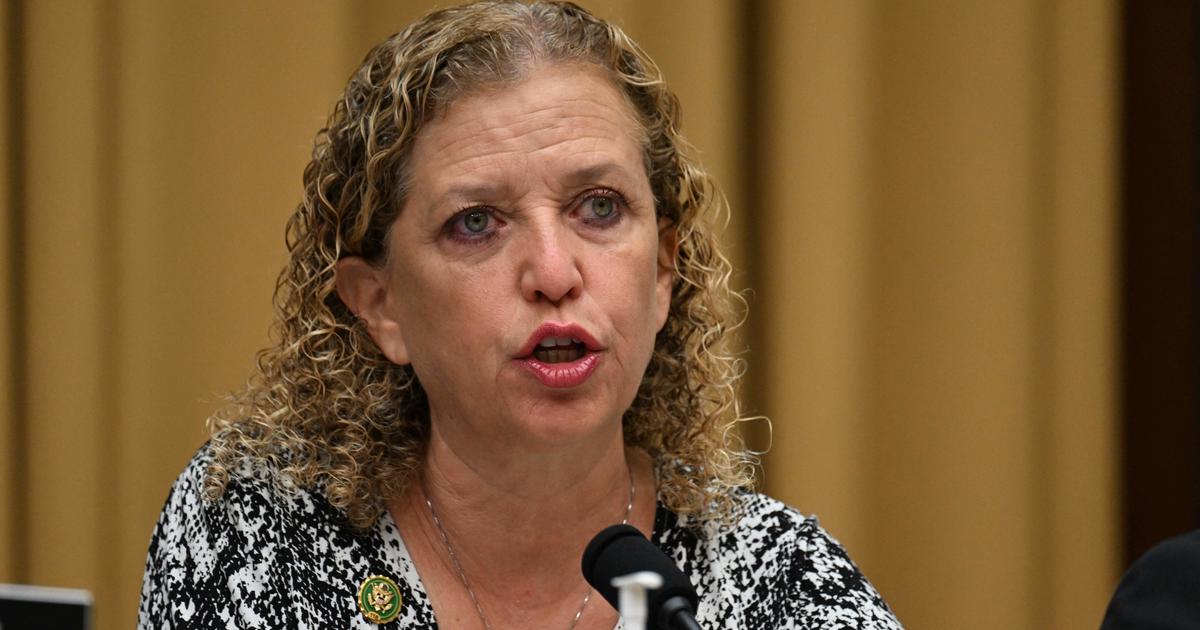Why Nigeria must embrace, not discourage, solar adoption | TheCable
BY DONALD IKENNA
Nigeria’s grid is notoriously unreliable, leaving millions dependent on costly and polluting generators. Government and private on-grid electricity companies have consistently failed to provide stable, affordable power, pushing citizens toward solar alternatives. While the government seeks to promote local solar manufacturing by proposing a ban on solar panel imports by 2025, domestic production capacity remains insufficient and unsupported to meet demand, threatening supply scarcity and price hikes.
Beyond the rumoured attempted import bans on solar panels, there are reports of some state and even federal governments considering taxing households and businesses that install solar rooftop solutions. This punitive approach discourages citizens from investing in clean energy solutions that could alleviate their energy challenges, thus effectively penalising those seeking self-reliance, increasing job creation, stimulating productivity, and finding leisure and rest, away from the troubles and insanity of life.
The government’s sweeping advisory against rooftop solar, aimed ostensibly at curbing substandard installations, risks undermining legitimate solar adoption at such a critical time. These policies or advisories, as they claim, appear aligned with entrenched electricity providers who may view decentralised solar power as a threat to their market dominance.
Rather than fostering an enabling environment for renewables, the government, whether the state or federal government, should not be seen erecting regulatory and financial obstacles that hinder solar adoption in Nigeria.
What Should Be Done? Rooftop solar is a globally proven, scalable solution for homes and businesses, especially where grid power is unreliable. The government should remove all thoughts, actions and attempts to introduce punitive taxes on solar adopters and instead provide incentives to encourage uptake. Secondly, policies to boost local manufacturing of solar components in the country must prioritise and be balanced with pragmatic support for imports to ensure immediate access to affordable solar technology.
Thirdly, Agencies like the Nigerian Electricity Management Services Agency (NEMSA) and the Standard Organisation of Nigeria (SON) should be supported to enforce quality and safety standards without discouraging legitimate providers. Support licensed professionals and quality installers rather than issuing blanket advisories that create confusion and fear.
Federal and State governments should dismantle unnecessary regulatory hurdles and punitive taxation that disincentivise solar adoption. Provide tax credits, subsidies, and clear guidelines to accelerate renewable energy deployment, as outlined in Nigeria’s 2025 Solar Policy framework, which includes tax incentives to make solar affordable and accessible.
Rooftop solar is globally recognised as a vital and scalable solution for households, SMEs, and institutions seeking reliable and sustainable power. We all should call on the Nigerian government and its agencies to ensure solar installations meet safety and quality standards, and encourage more local production as well as adoption of the technology.
To conclude, discouraging solar adoption through attempted import bans, punitive taxes, and blanket advisories in a country plagued by electricity shortages is a classic case of “problems meeting poor solution thinking.” If the government cannot solve the power crisis, it must not stand in the way of those who can. Nigeria’s path to energy security lies in embracing—not obstructing—the renewable revolution.
“The problem you cannot solve, do not create obstacles for others trying to fix it; the labour you refuse to do, refrain from stealing the gains of those who do…It is time to dismantle interests that benefit from the status quo and empower citizens with real, sustainable solutions.”
Donald Ikenna is the programme manager, Sustainable Nigeria, HBS Abuja. He can be contacted via [email protected]
Views expressed by contributors are strictly personal and not of TheCable.
Recommended Articles
Florida Rep. Debbie Wasserman Schultz discusses President Trump's new spending bill, Alligator Alcatraz - CBS Miami

Rep. Wasserman Schultz shared how President Trump's spending bill will affect the everyday working families, and her opi...
PBA stands by call that nullified Mo Tautuaa dunk in Game 1

The PBA said it made the right call on nullifying Mo Tautuaa’s dunk that eventually benefited TNT in its 99-96 victory o...
Canadian universities too should be in Francesca Albanese's report | Israel-Palestine conflict | Al Jazeera

Canadian university administrators should remember that they too can be held accountable for genocide complicity.
Ford's Recall Affects Almost Every Cool Car They Make, and There's No Fix Yet

A massive recall for a faulty fuel pump affects over 850,000 popular vehicles, but Ford has no immediate fix and has ord...
Toronto BIA warns business owners of 'point of sale' scam after thousands of dollars in thefts

Multiple businesses in Toronto’s east end say they are out thousands of dollars after so-called “point of sale”, or POS,...
Fanatics Sportsbook promo: New users get $1,000 no sweat first bet for FIFA Club World Cup final

Fanatics is offering new users a no-sweat first bet of up to $1,000 for the 2025 FIFA Club World Cup final.
You may also like...
Diddy's Legal Troubles & Racketeering Trial

Music mogul Sean 'Diddy' Combs was acquitted of sex trafficking and racketeering charges but convicted on transportation...
Thomas Partey Faces Rape & Sexual Assault Charges

Former Arsenal midfielder Thomas Partey has been formally charged with multiple counts of rape and sexual assault by UK ...
Nigeria Universities Changes Admission Policies

JAMB has clarified its admission policies, rectifying a student's status, reiterating the necessity of its Central Admis...
Ghana's Economic Reforms & Gold Sector Initiatives

Ghana is undertaking a comprehensive economic overhaul with President John Dramani Mahama's 24-Hour Economy and Accelera...
WAFCON 2024 African Women's Football Tournament

The 2024 Women's Africa Cup of Nations opened with thrilling matches, seeing Nigeria's Super Falcons secure a dominant 3...
Emergence & Dynamics of Nigeria's ADC Coalition

A new opposition coalition, led by the African Democratic Congress (ADC), is emerging to challenge President Bola Ahmed ...
Demise of Olubadan of Ibadanland
Oba Owolabi Olakulehin, the 43rd Olubadan of Ibadanland, has died at 90, concluding a life of distinguished service in t...
Death of Nigerian Goalkeeping Legend Peter Rufai

Nigerian football mourns the death of legendary Super Eagles goalkeeper Peter Rufai, who passed away at 61. Known as 'Do...